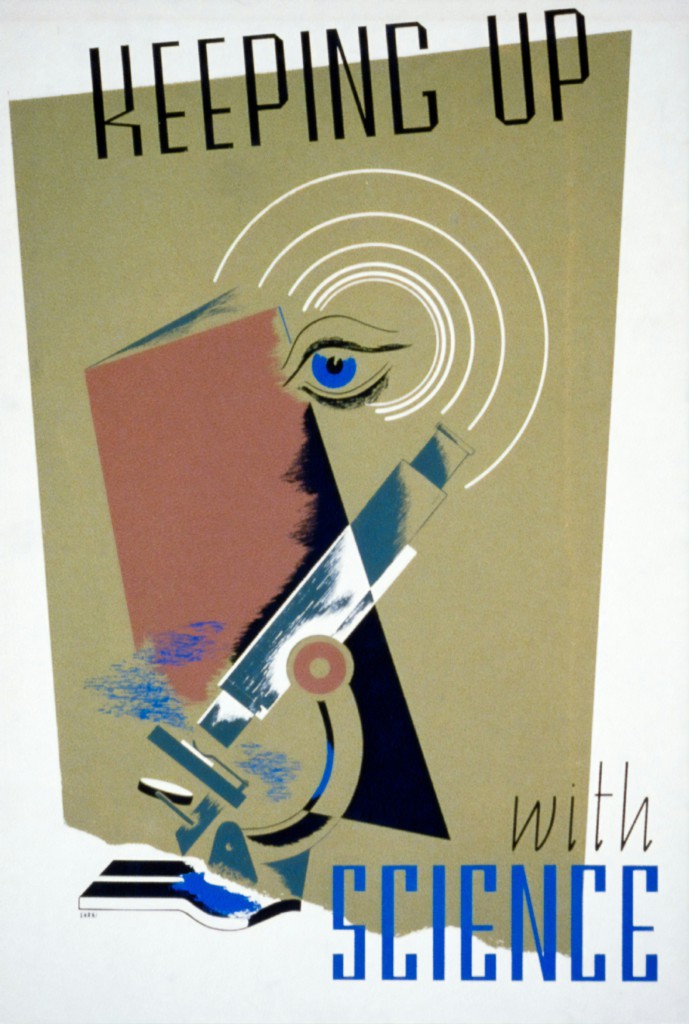Here’s Mario Petrucci on his upcoming course, Science & Poetry: The Laboratory of Verse; Fissile material; experiment with scientific stanzas and supercharge your poetic skills.
Science as a metaphor
As someone versed in quantum physics, I’m fascinated by metaphor, the way everything (as in the quantum world) can become everything else. That’s the engine-room of my writing, one of its major subjects.
Absorbing science into the poetry writing process
Since my very first book, Shrapnel and Sheets, I’ve been trying to gauge, and span, the supposed arts-science duality. I’ve been keen to write poems that move the listener, yet address the problems and possibilities of technology; that encapsulate individual corpuscles of scientific insight whilst sending ‘waves’ through an audience with their performance and resonance. I believe that science and poetry can successfully co-exist in this way, but not through the injection of science into poems in an arbitrary manner, or as a kind of technological name-dropping. The science must be fully absorbed into the writing process, so that the poems achieve a negotiated co-habitation, an organic balance.
That was my intention with Heavy Water: a poem for Chernobyl (Enitharmon, 2004) and in the subsequent award-winning film made from that collection. Voices from Chernobyl (ed. Svetlana Alexievich; tr. Antonina Bouis) was my major source, and such a rare book. Unusually, commendably, the Nobel laureate editor was able to fully absent herself, allowing the testaments of ordinary people to pass onto the page in such a way as to concentrate and amplify them into the realm of the extraordinary. Peasant and teacher; wife, soldier; fireman and cameraman; the official and the child: common voices, uncommonly eloquent. In writing Heavy Water, I tried to learn from all that. And now, regardless of the current media silence, Fukushima smoulders on another horizon, lending Heavy Water(to my deep regret) renewed topicality and urgency.
Living through a scientific revolution, including modern warfare, the rise of AI, and an increasingly fraught dialogue between ecology and humanity, examining these new opportunities merits, surely, our full attention?
I suppose that’s a good example of the kind of heavy dose of reality that science can deliver to writers; but science can inform playful and light-hearted processes too. In the laboratory of verse, science can catalyse the entire spectrum of outcomes, from the harrowing to the hilarious. Living through a scientific revolution, including modern warfare, the rise of AI, and an increasingly fraught dialogue between ecology and humanity, examining these new opportunities merits, surely, our full attention?
After all, science doesn’t merely provide poetry with ‘strangerly’ subjects; it also offers novel perspectives, fresh ways of perceiving and processing ‘ordinary’ experience. To paraphrase Niels Bohr: a physicist is just the atom’s way of thinking about atoms; perhaps, then, a poet is simply the poem’s way of thinking about words? In which case, science in all its contemporary variety must be – right now, for us, whether we know it or not – among the most crucial and stimulating components in our current ‘thinking about words’.
Mario Petrucci is teaching our in-person course, Science & Poetry: The Laboratory of Verse 10 weekly sessions on Thursdays, 6.45–8.45pm (GMT), starts 9 May 2024. Sessions for this course will take place at Somerset House, Strand, London, WC2R 1LA.

Add your Reply
You must be logged in to post a comment.